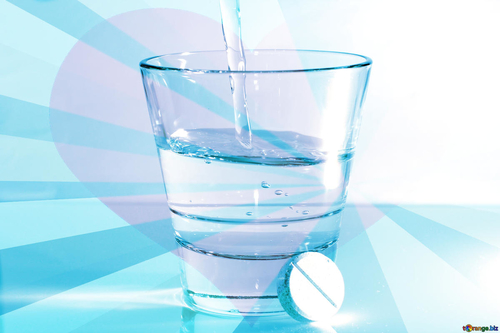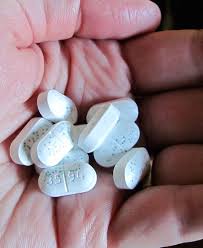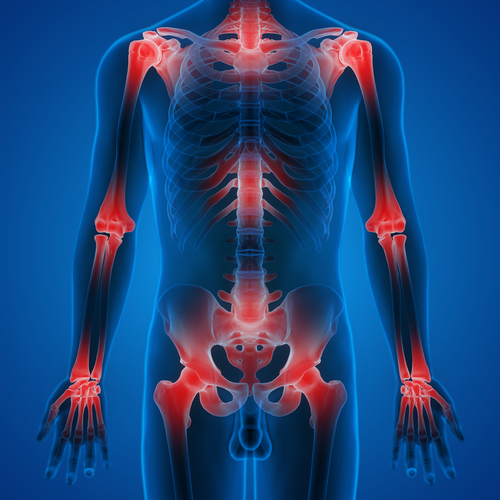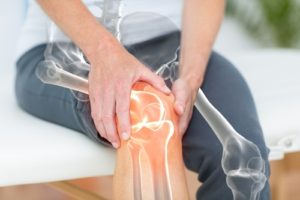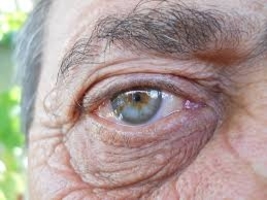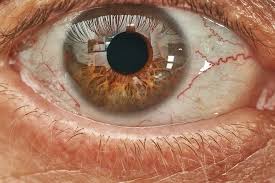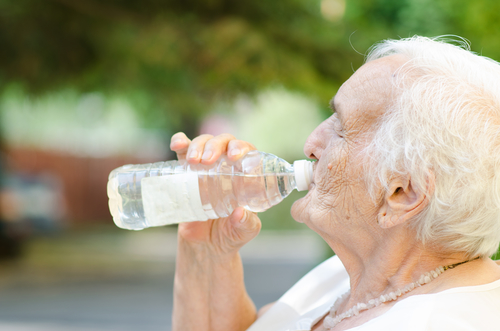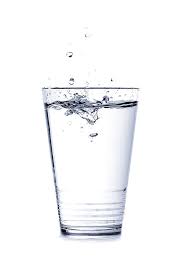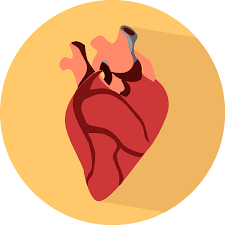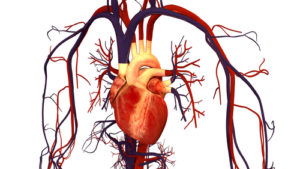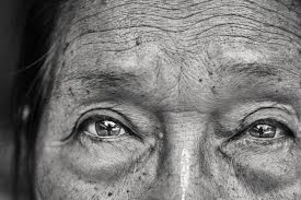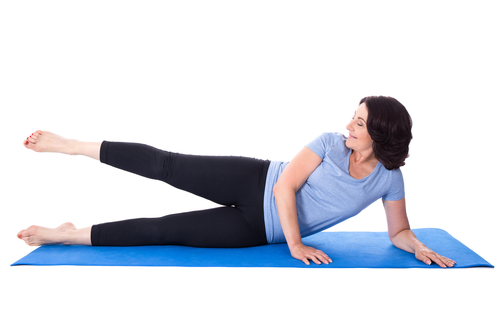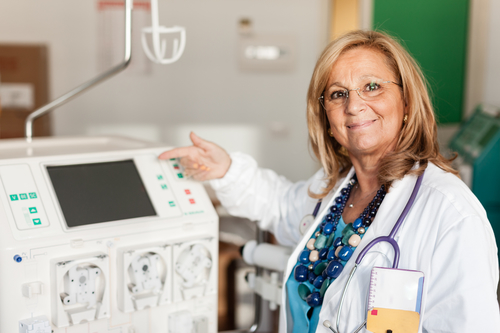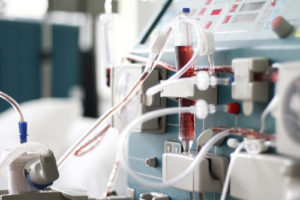Knees. Can’t live with them, can’t live without them. Knee pain is no joke and a very common problem. It’s only second to low back pain. If you have bad knees, not all is lost. There are exercises will help strengthen your knees.
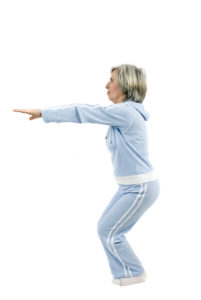
9 Exercises That Will Strengthen Your Knees
The key to doing exercises that will help your knees is to avoid the ones that cause you pain. We know that sounds obvious, but not all exercises should cause you pain.
For example, don’t do deep squats or high impact activities. Instead, you need to do exercises that focus on strengthening the quadriceps and hamstrings. This way you reduce the strain on your knees.
1. Mini or Partial Squats
This will strengthen your quadriceps.
Hold onto a chair or stable surface with knees shoulder-width apart and knees pointing forward. Next, bend your hips and knees a little as if you are starting to sit and then slowly stand up.
Do this 10 to 12 times.
2. Standing Hamstring Curls
Again, start by holding a chair or stable surface. Next, without moving your hips, bend your knees as far as possible. Try to get your heel up to your butt.
Do this 10 to 12 times with each leg.
3. Marching in Place
On your own, or if you need something stable to hold onto, take steps in place. Bring your knee up to a comfortable height.
Try to do 60 seconds of continuous marching.
4. Heel Raises
This will help your calf muscles.
Once again, hold onto a chair or stable surface. Then rise up on toes and lift your heels off the ground and then bring them back down.
Do 10 to 12 reps.
5. Quad Sets
You can do this exercise on the floor with or without a pillow under your knees. Sit with your legs out in front of you with your knees straight.
If you need to you can lean against a wall or on your hands.
Try contracting your quadriceps muscles and holding them as tight as you can for a few seconds. Then relax.
Do this 10 times. If you want, you can do this a few times a day if your knees ache.
6. Straight Leg Raises
Start with sitting on the floor with your legs and knees straight in front of you. Then doing this one leg at a time, pull your toes towards your knee.
If this is too hard, you can try to lie down on the floor.
Keep your other leg bent with your foot on the floor. Then squeeze your quads in the leg that is straight. After that, lift your foot about a foot off the ground and hold it for 5 seconds. Then slowly lower it back down.
Do this 10 times with each leg.
7. Wall Slides with Ball Squeeze
Stand with your back against the wall and your feet shoulder-width apart. Hold a small ball between your knees. Slowly slide down the wall with knees bent.
Your knees should form a right angle with your quads parallel to the floor.
Hold 5 to 10 seconds and slowly rise up to the starting position.
Do this 10 or more times.
8. Clams
Sadly, this has nothing to do with seafood. Instead, lie on your side with your hip and knee bent to a 90-degree angle. Your feet should be together.
While keeping your ankles together, raise your top knee up around a foot from the other. This will create a clamshell motion.
Repeat 10 to 25 times on each side.
9. Glute Bridges
On your back with your knees bent at a 90-degree angle and feet on your floor, tighten your butt as you lift it up. You should try to go as high as you can without arching your back.
Your shoulders, hips, and knees should align.
Hold this position as you lift one leg up, still keeping knees aligned. Try to hold this position for 3 to 5 seconds and then lower your body.
Do 10 to 25 reps with each side.
Read more here.
